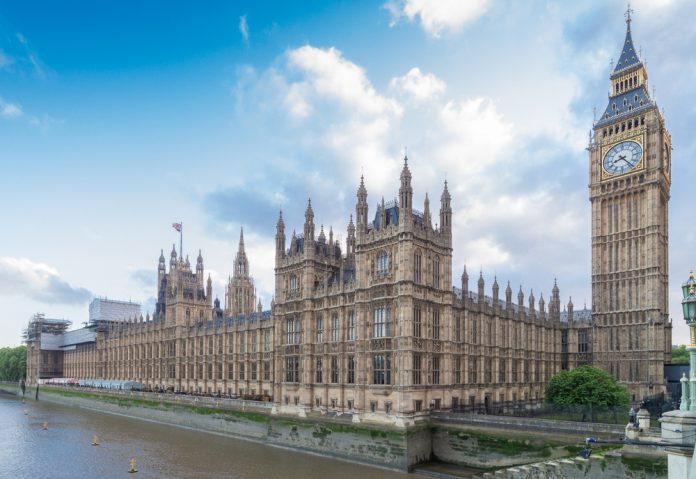The government has abandoned plans to curb House of Lords powers, after concerns it would lead to further setbacks for Brexit negotiations.
The plans for reform had been initially proposed by Lord Strathclyde, after George Osborne’s bill to cut tax credits was vetoed by the Upper Chamber. The previous Cameron government had introduced the initiative after legislation had been repeatedly frustrated by the Lords.
However the leader of the House of Lords, Baroness Natalie Evans, revealed in a statement today to her fellow peers that although Lord Strathclyde’s recommendations had proved “compelling”.
“We are determined that the principle of the supremacy of the elected house should be upheld, we have no plans for now to introduce new primary legislation”.
Nevertheless, it was implied that should the Lords continue to hinder Government progress, “we would have to reflect on this decision.”.
Evans continued: “I believe that we are constructive and we are working well together, but also if that does break down we will have to reflect on what that means.”
Speculation has arisen that the decision was primarily invoked due to on-going concerns over the passage of Brexit-related legislation, as the government continues to abandon the agenda pursued by the previous Cameron Conservative government.
Currently, the Lords have the power to review and issue amendments to all bills or legislation passed or debated within the Commons. With Parliament set to debate Article 50 in the coming months, any further delay on Theresa May’s proposed May 2017 timeline would raise questions over her ability to deliver Brexit and crucially, her leadership.
However, the decision poses serious implications upon the Government’s commitment to bettering the quality of democracy within the UK.
The House of Lords has been repeatedly condemned for its undemocratic claim to power, with the majority of peers being appointed or acquiring the role due to their heritage. Despite continual calls for reform, the last decisive reform to the Lords occurred under Tony Blair’s government, where hereditary peers were reduced to 92.
Theresa May’s Brexit negotiations already received a significant blow after a High court ruled that any move towards triggering the increasingly elusive Article 50, must be debated in Parliament. Nevertheless, May’s government have remained optimistic that despite the ruling, the Government will not have to go ahead with a debate. In the case that the ruling still stands however, news circulated on Wednesday that the government somewhat tactfully, allegedly prepared a bill that comprises of just three lines.

